By Linda Scholten
As humans, we are perfectly imperfect. Yet so many of us expect perfection of ourselves and others, even if we don’t call it that. After all, we’re far too evolved to expect something like perfection of ourselves or others. Too perfect to be perfect?
Striving for what is ideal or best at whatever is important to you (health, appearance, relationship, career, finances, fitness, spiritual practice) can be just another form of perfectionism. And when we (or others) fall short of our expectations or ideals, there can be disappointment, frustration, a feeling of letting ourselves down. So often we self-sabotage, rebel against these high expectations and ideals. Many times we give up. Or re-double our efforts and perhaps sabotage ourselves again. If I say I’m going to eat healthy, why do I go for the chocolate cake? I have a great yoga session or workout, I worked and sweated my ass off and then I have a hamburger and fries. I say I am going to get some important work done – something I really want to do, and I find myself watching TV, reading a book, looking at Facebook. These are my own confessions – what are your versions of this?
I did some research on New Year’s (NY) resolutions. 62% of Americans either make usual or infrequent NY resolutions. 8% are successful in achieving their NY resolution and 24% completely fail. I pretty much expected this, but here is where the stats get interesting: 49% achieve partial success. AND, people who make resolutions are 10 times more likely to attain their goals than people who don’t.
So I shoot for the stars and hit the moon. In doing so, have I succeeded or failed? It is a matter of perspective.
So what does all of this have to do with self-compassion? I’m getting there, I promise.
We humans are complex – we have many levels – physical, emotional, mental, spiritual is one way to look at this. The part of ourselves that makes a goal, a commitment, a resolution is often the mental part. The part of us that makes the commitment is not the part of us that breaks it. That would usually be the emotional part. Studies of the brain show these many facets are housed in different parts of the brain, but that is a whole other discussion – here, I am making it simplistic enough for me to be able to talk about it.
So I make my plans, goals, resolutions with the mental part of my self. The emotional part of my self has its own needs, wishes and desires, so too, with the physical part of course. The higher part of my self – I’ll call it my Self (with a capital S) the spirit or soul (use whatever word you choose), observes, accepts, has compassion, vision, love. This is where I can have patience and loving kindness for my self – this is where I have self-compassion. This is the still quiet voice. I can access this part of my Self when I turn my attention there and observe the part of me that is the observer.
Compassion for my self is no more and no less important than compassion for others. One cannot truly exist without the other. Buddhism teaches this. The Buddhist compassion meditation includes compassion for self.
Compassion for self is not to be confused with self-indulgence or self-esteem. Compassion deals with what is. No stories, excuses, promises needed or accepted. With self-compassion I have grace, acceptance, forgiveness of what is and what is not. It is all good. All is well. It is what it is.
Applying grace in goals, resolutions, commitments, promises is perhaps the way my self can grasp this. Accepting good enough instead of perfect. Having patience with, and accepting my self when I hit 70%, 80%, 90% instead of 100%.
Shoot for the moon and reach the stars. Or shoot for the stars and reach the moon. Strive – you’re 10 times more likely to get there, than if you don’t. Just remember the gifts from the Self: Love, compassion, acceptance. From Desiderata: “Beyond a wholesome discipline, be gentle with yourself. You are a child of the universe, no less than the trees and the stars. You have a right to be here”. Just as you are. Perfectly imperfect.

